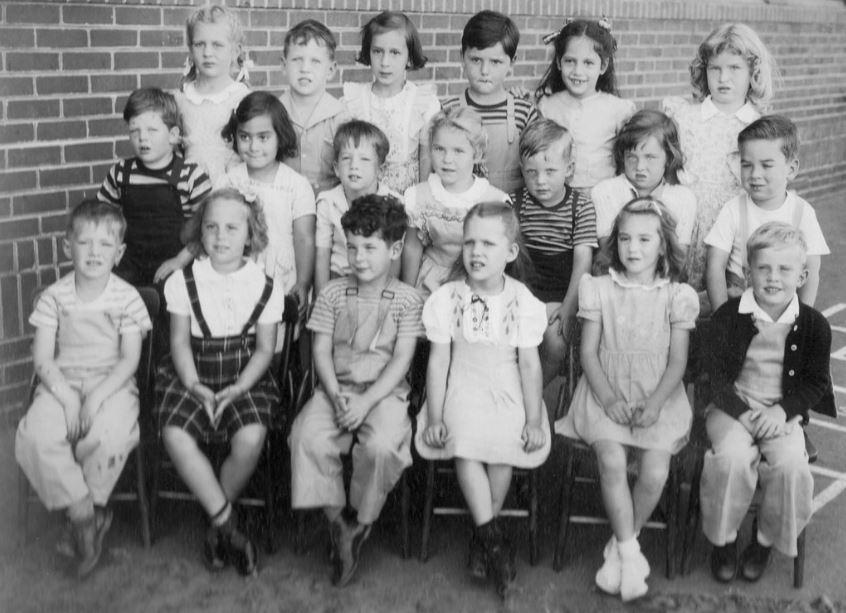Anyone who has read classic literature knows that there are things in old books that offend our sensibilities. And this isn’t a new phenomenon, either. Every generation sees something in the thought and writing of previous generations that it doesn’t like or that it finds offensive.
The difference today is not that there are any more things about the past we don’t like, but in our reaction to them.





